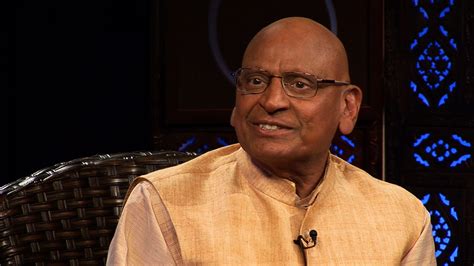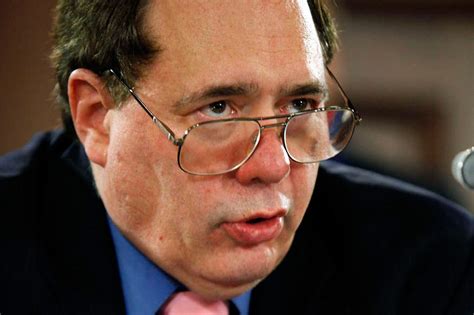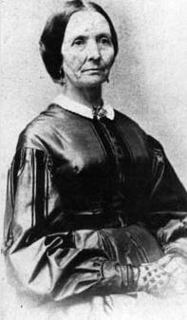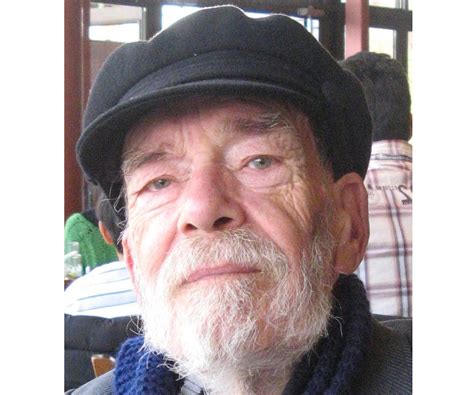A Quote by Iain Pears
Power without wisdom is tyranny; wisdom without power is pointless.
Related Quotes
Whoever is full of wisdom is naturally compassionate; in fact we recognize that someone has gained spiritual wisdom by seeing their compassionate behavior. . . . Individuals and countries with power need to develop wisdom and compassion, for without these attributes, there is a danger that the power will be used to oppress and exploit others. (31)
If the benevolent ruler stays in power long enough, he eventually concludes that power and wisdom are the same thing. And as he possesses power, he must possess wisdom. He becomes converted to the seductive thesis that election to public office endows the official with both power and wisdom. At this point, he begins to lose his ability to distinguish between what is morally right and what is politically expedient.
What has history said of eminence without honor, wealth without wisdom, power and possessions without principle? The answer is reiterated in the overthrow of the mightiest empires of ancient times. Babylon, Persia, Greece, Rome! The four successive, universal powers of the past. What and where are they?
It is true that neither the ancient wisdoms nor the modern sciences are complete in themselves. They do not stand alone. They call for one another. Wisdom without science is unable to penetrate the full sapiential meaning of the created and the material cosmos. Science without wisdom leaves man enslaved to a world of unrelated objects in which there is no way of discovering (or creating) order and deep significance in man's own pointless existence. (p. 4)
Love without courage and wisdom is sentimentality, as with the ordinary church member. Courage without love and wisdom is foolhardiness, as with the ordinary soldier. Wisdom without love and courage is cowardice, as with the ordinary intellectual. But the one who has love, courage and wisdom moves the world.




































